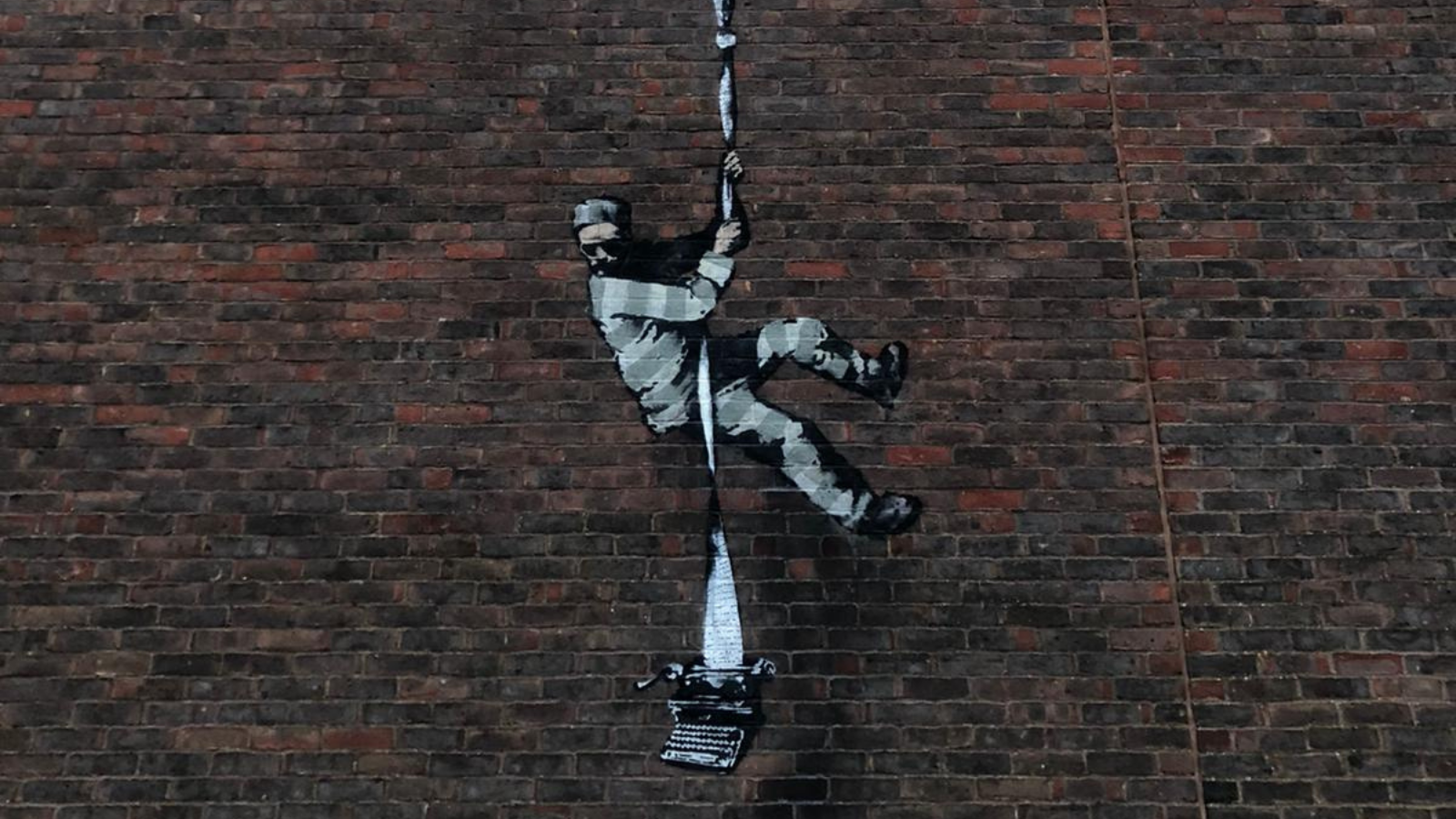Student Engagement Ambassador, Dominique, discusses the importance of highlighting the contributions of the LGBTQIA+ community by exploring the impact that Oscar Wilde had on Reading.
The month of February is LGBTQIA+ History Month and this month is the perfect opportunity to highlight the progress that has been made in the rights and visibility of those in the LGBTQIA+ community. While the past few years have shown movements towards acceptance, we mustn’t forget the effort that provided the foundation that made those changes possible.
One figure who contributed to Reading’s impact on LGBTQIA+ History is Oscar Wilde. Best known for his novel The Picture of Dorian Gray (1891) and his flamboyant demeanour, Oscar Wilde was an Irish author whose work famously explores themes of sexuality, decadence and self-destruction. He was imprisoned in the Reading Gaol for ‘gross indecency’ which was the term they used for the wrongful prosecution of homosexuality. Imprisonment due to sexuality was common and it was only decriminalised in the 1960s.
His sentence was two years of hard labour. Hard labour was a cruel and draining system that pushed the prisoners to constant physical exhaustion and the edge of their sanity with repetitive tasks. This meant that his time at Reading was one of great turmoil.
In the prison, he wrote some of his most introspective work in the pivotal LGBTQIA+ text De Profundis (1905). The Ballad of Reading Gaol (1898) was the poem he wrote once free and within it, he expressed the torment of being in the prison, solitude, the treatment of prisoners and execution. However, his health worsened in prison and heavily contributed to his death a few years later.
This greatly speaks to the legacy of Oscar Wilde as someone who was a victim of a system that was manipulated to justify their prejudices. Moreover, his legacy lives on as someone who used his artistry as a means of expression. Whether as a fun outlet or as a coping mechanism, Wilde made sure that the way he felt was broadcast to all to show that they were not alone.
Artistry is often an outlet for those within the LGBTQIA+ community. The power of being able to express yourself through a medium when the environment you’re in isn’t safe is not something that should be undermined. It allows people to come to terms and allow their feelings to be explored constructively.
Despite the impact of the Reading Gaol, its future remains unknown. There are some cries for the centre to become an art and cultural hub which would be a fantastic opportunity to truly showcase how experiences can influence art. Despite Reading Councils attempts and the contribution of artist Banksy, the Ministry of Justice want to turn it into housing. This undermines not only the need for safe spaces for young people but the conservation of a place that proved to be a milestone in LGBTQIA+ history.
In 2017 due to the Alan Turing Law, he was posthumously pardoned. It sparked the argument of whether this was a performative action by the government that didn’t truly atone for the mistakes of the past. When you look at this in conjunction with the Ministry of Justice’s refusal to sell the prison due to the price of £2.6 million being too low, you have to question the authenticity of their intentions.
With questions around the future, it is important that we look back. It acts as a reminder that despite the progress that has been made, there are still steps that must be taken to prevent history repeating itself. We must be able to learn how to come together as a community that values each individual regardless of anything that may set us apart.
